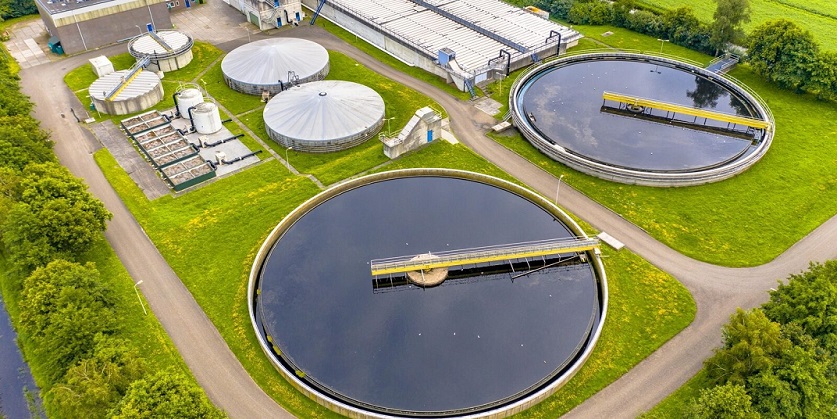Wastewater treatment plants are the unsung heroes of environmental conservation, playing a pivotal role in safeguarding our ecosystems and preserving the delicate balance of nature. As urbanization and industrialization continue to shape our world, the volume of wastewater generated rises exponentially. Understanding the importance of wastewater treatment is essential in mitigating the adverse environmental impacts associated with the disposal of untreated wastewater.
Protecting Water Bodies:
Wastewater, if left untreated, contains a cocktail of pollutants ranging from chemicals and heavy metals to organic matter. Discharging such contaminants directly into rivers, lakes, or oceans can have catastrophic effects on aquatic ecosystems. Wastewater treatment plants like these act as guardians, intercepting these pollutants before they reach natural water bodies, thereby preventing water pollution and preserving the biodiversity of aquatic environments.
Safeguarding Human Health:
Untreated wastewater poses a serious threat to public health. Pathogens and harmful microorganisms present in raw sewage can lead to the spread of waterborne diseases. Wastewater treatment plants utilize a combination of physical, chemical, and biological processes to eliminate or significantly reduce these health hazards, ensuring that water released into the environment meets stringent quality standards.
Conserving Water Resources:
In a world facing growing water scarcity, the efficient management and reuse of water are paramount. Wastewater treatment plants play a key role in recycling and reclaiming water for various purposes, including agricultural irrigation and industrial processes. This not only helps conserve precious freshwater resources but also reduces the demand for withdrawing water from already stressed natural ecosystems.
Mitigating Soil Contamination:
Wastewater often contains nutrients, such as nitrogen and phosphorus, which, when introduced into the soil in excessive amounts, can lead to soil degradation and contamination. By treating wastewater before discharge, treatment plants minimize the risk of nutrient pollution, contributing to healthier soils and sustainable agriculture practices.
Reducing Greenhouse Gas Emissions:
The decomposition of organic matter in untreated wastewater releases methane, a potent greenhouse gas that contributes to climate change. Wastewater treatment plants, through anaerobic digestion and other processes, capture and manage these gases, mitigating their impact on the environment and promoting a more sustainable approach to waste management.
Conclusion:
Wastewater treatment plants are indispensable champions of environmental conservation, embodying the principle that responsible management of human activities is vital for the well-being of our planet. As we navigate the challenges of a rapidly changing world, the continued development and enhancement of wastewater treatment technologies and infrastructure are essential for fostering a harmonious coexistence between human development and environmental preservation. Embracing the significance of wastewater treatment is not just a necessity; it is a commitment to a healthier, more sustainable future for generations to come.
